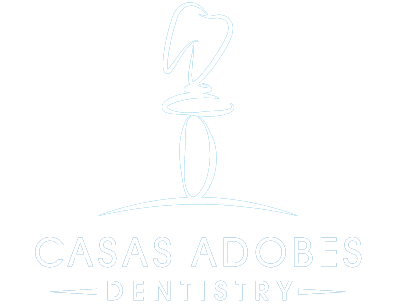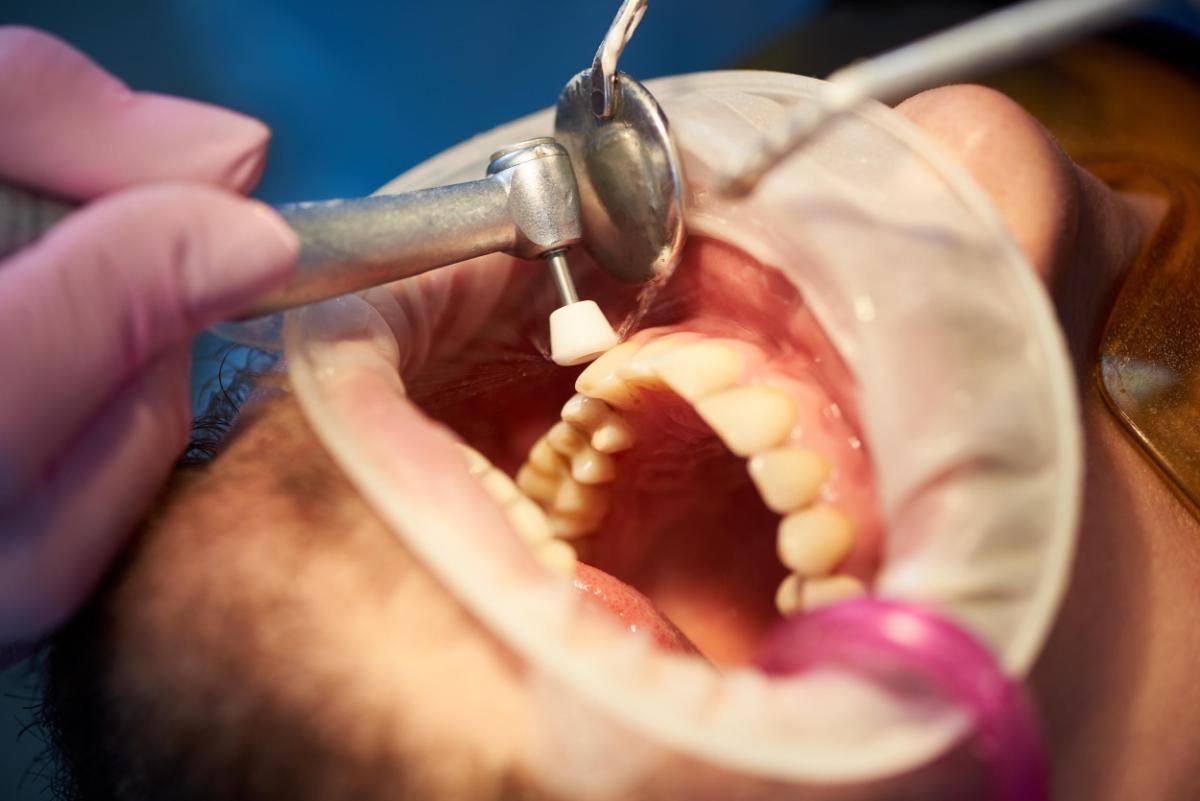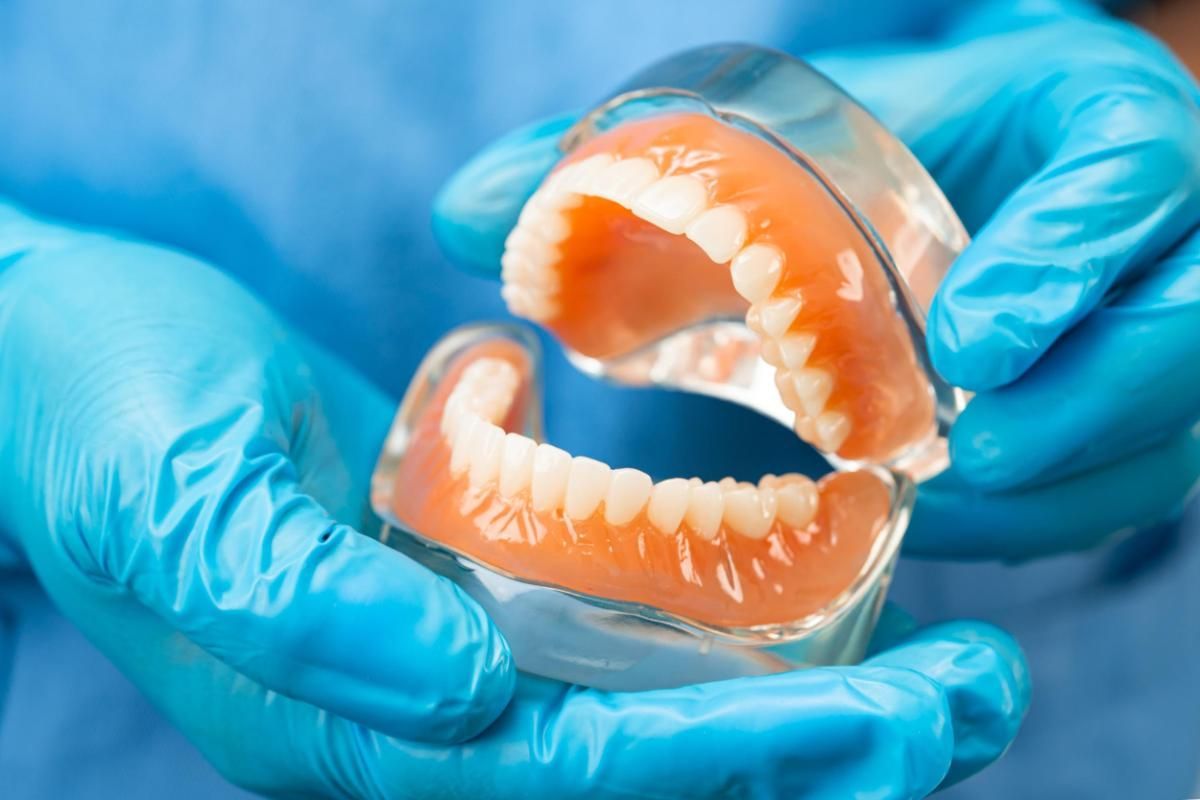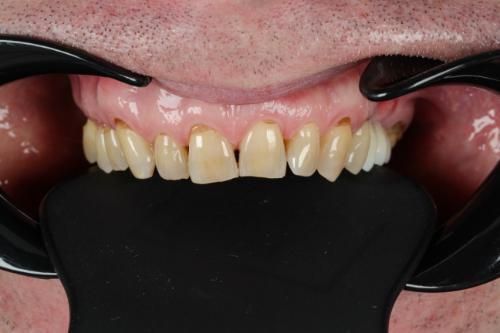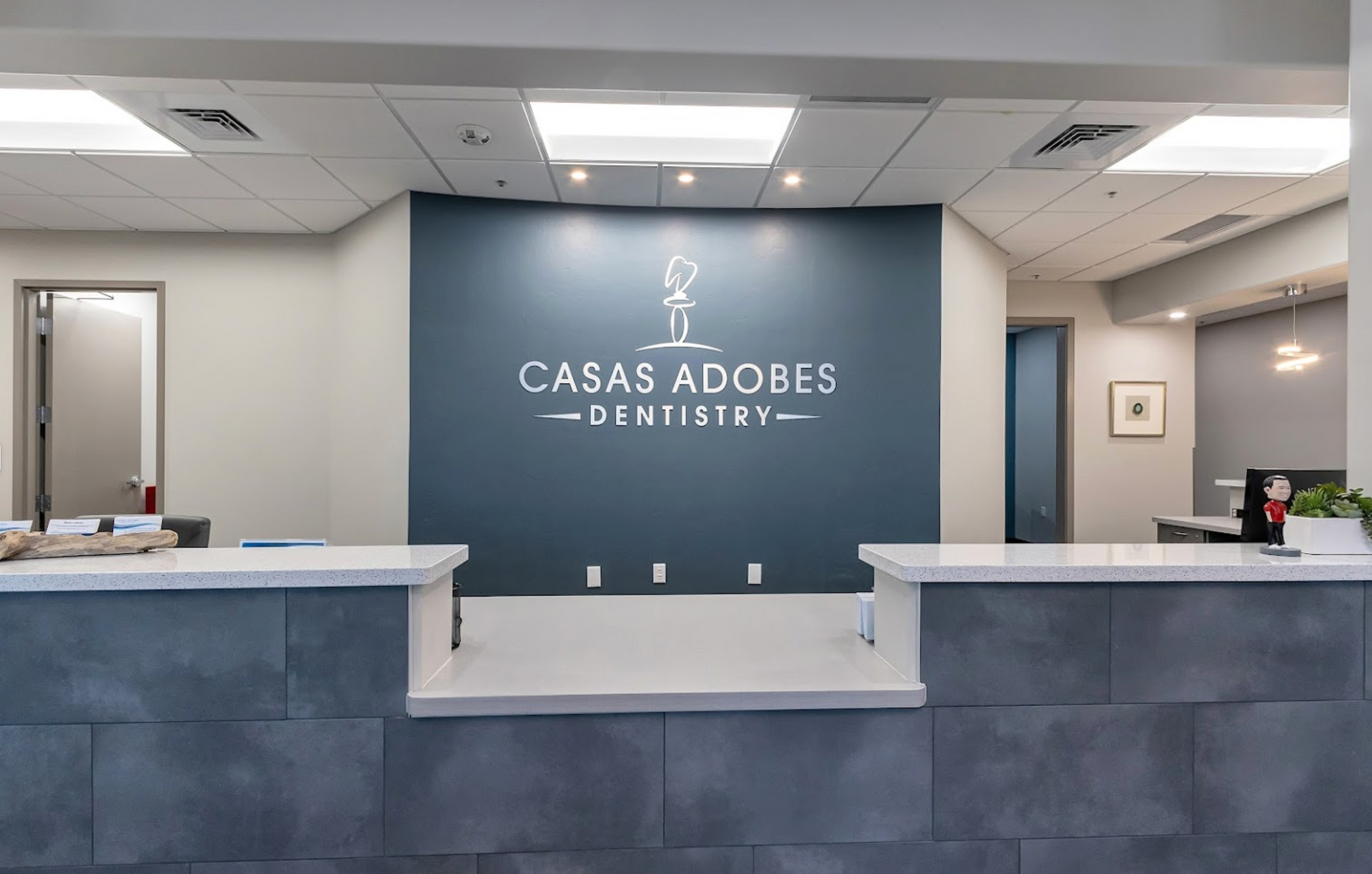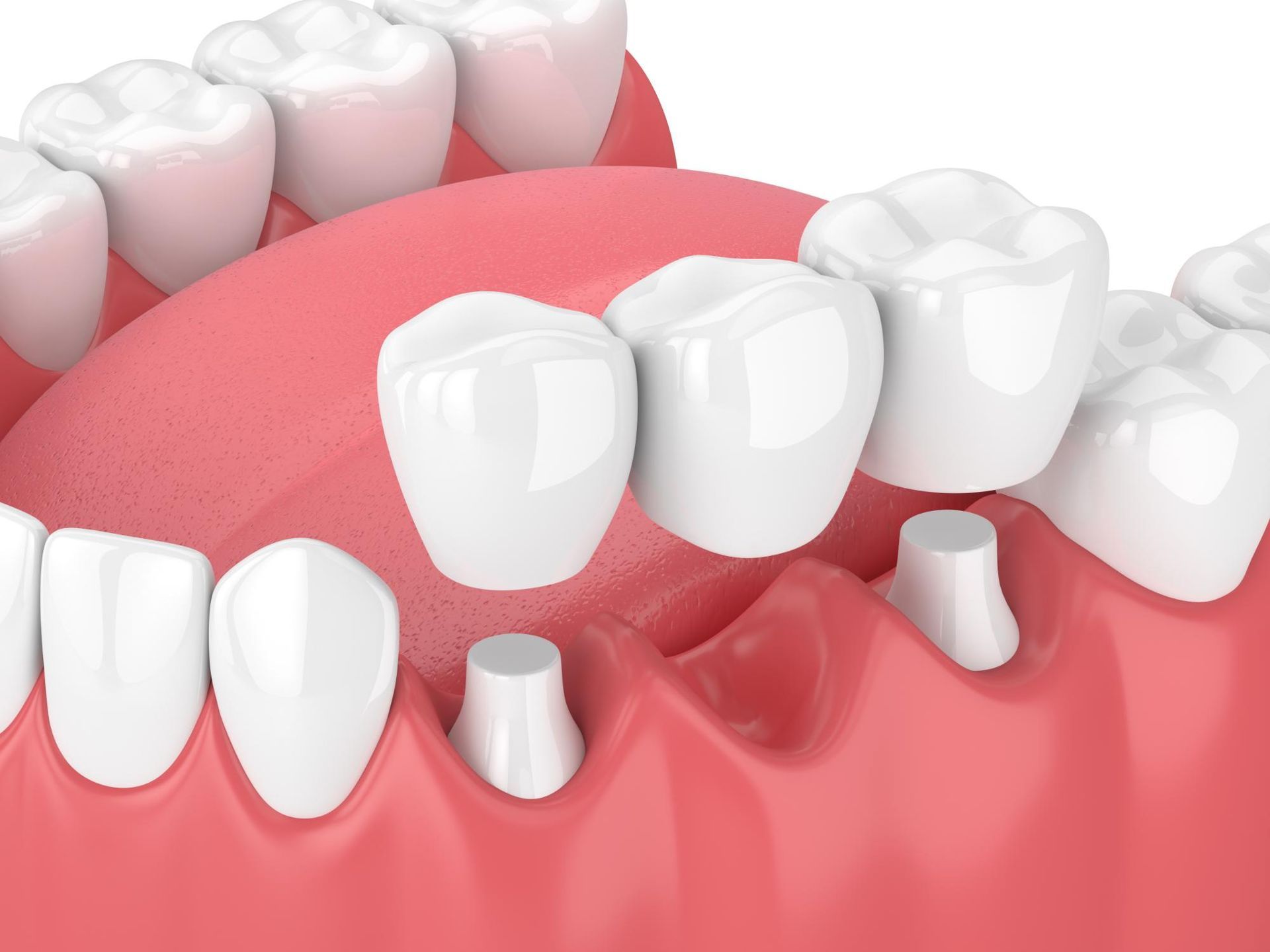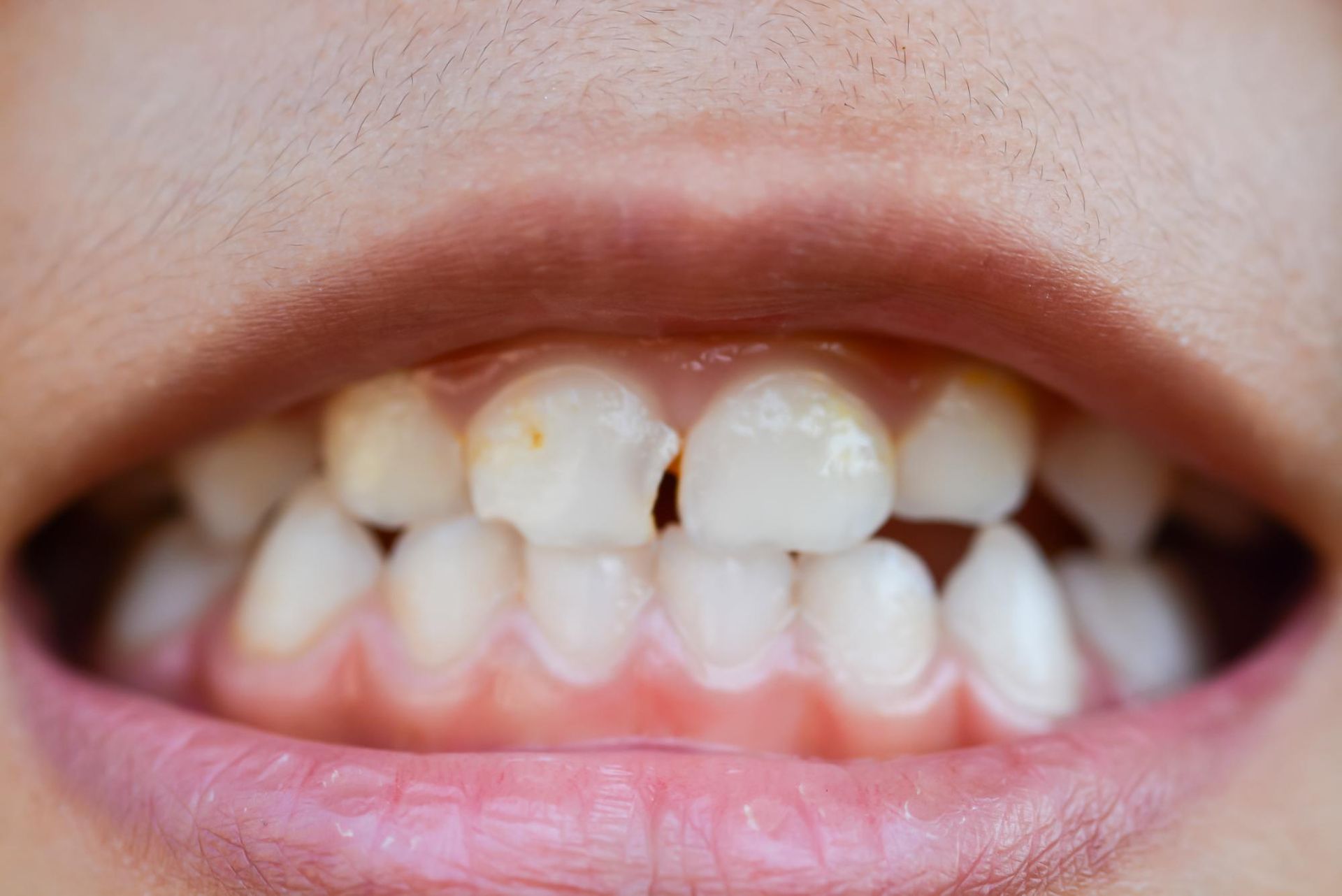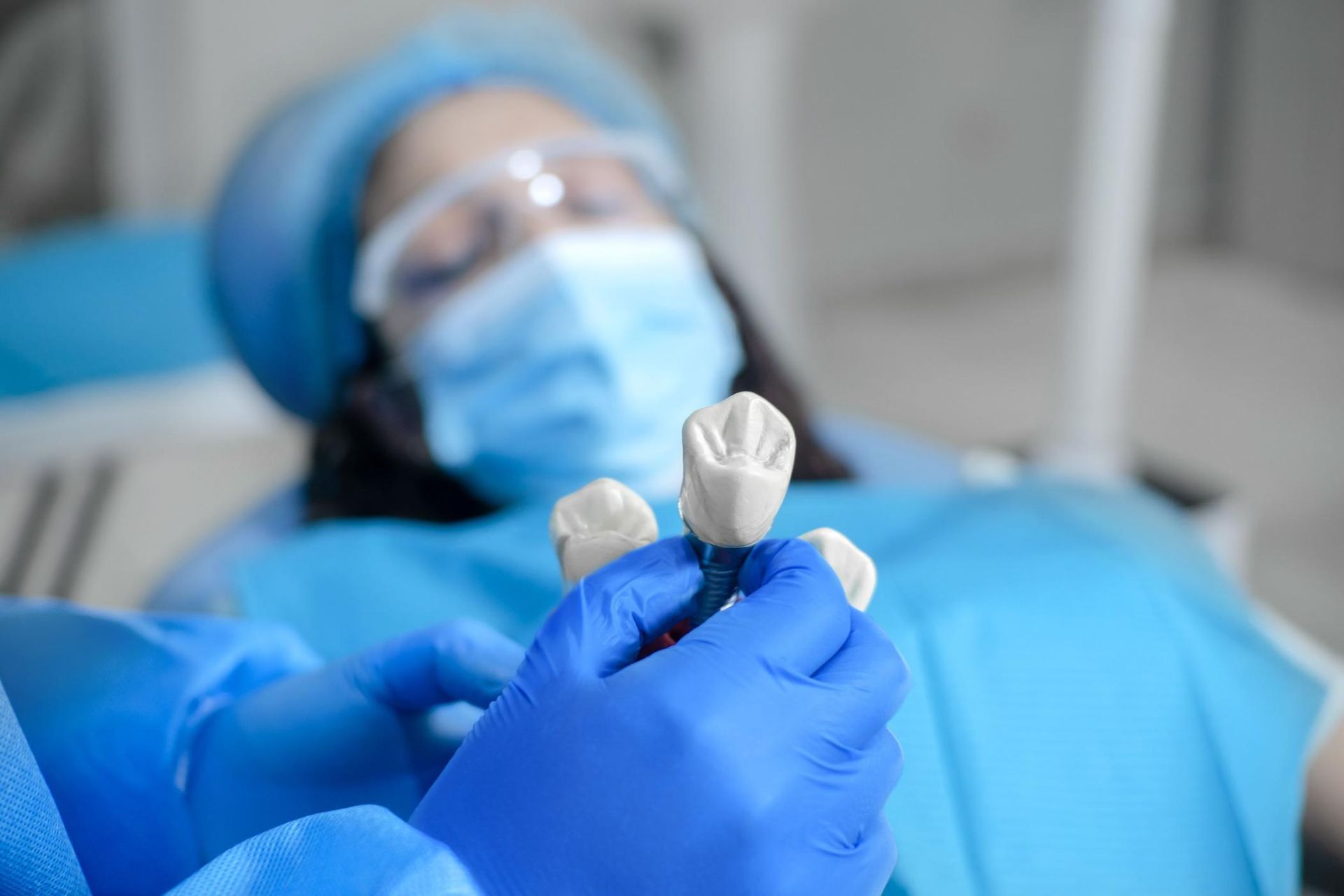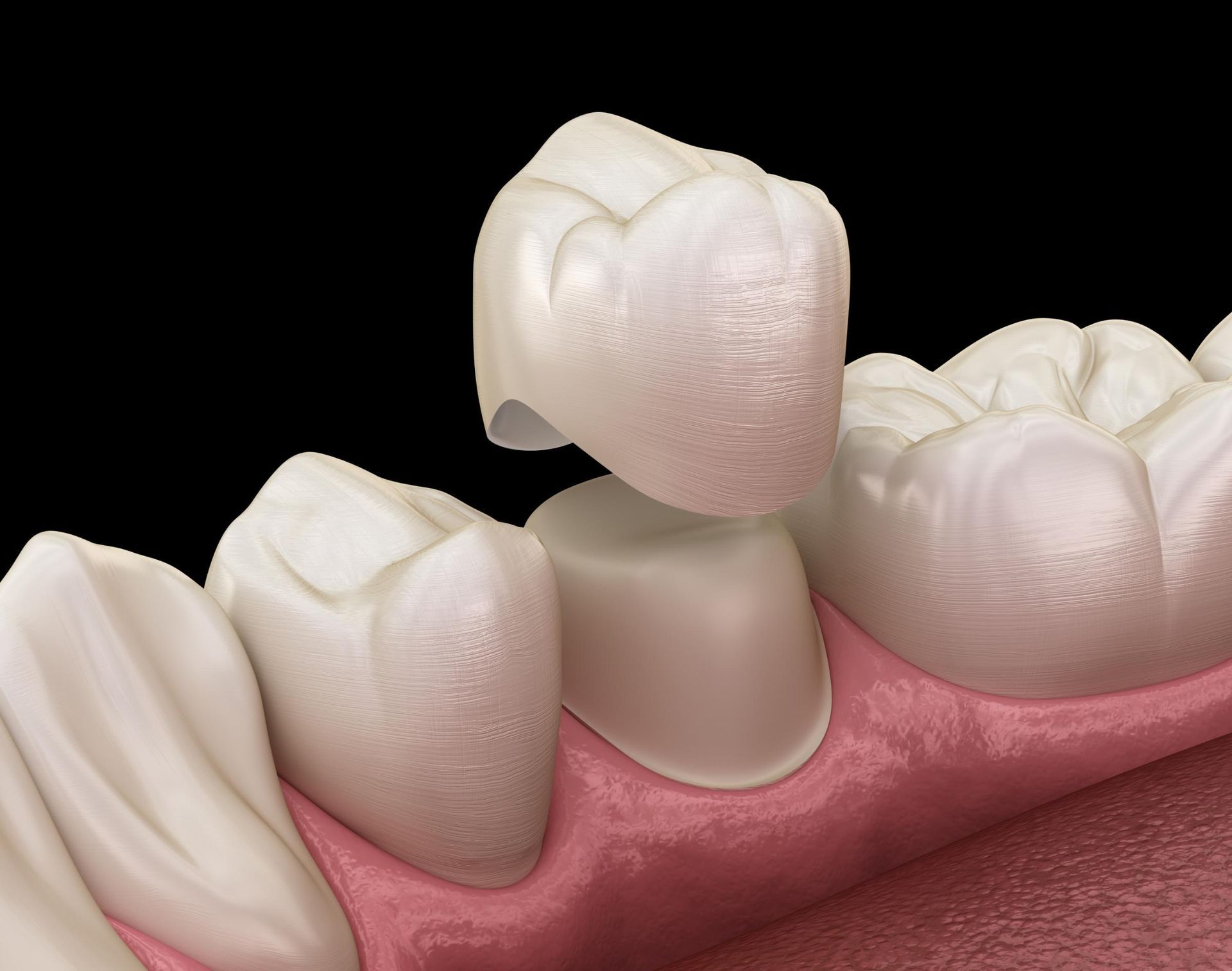Do Dentists Treat Oral Cancer: Do They Perform Examinations?

When thinking about the diagnosis of cancer, general dentists are typically not the first type of doctor to come to mind. However, these professionals can be the first step to diagnosing and treating oral cancer that may be missed without regular dental visits. With routine dental care, a patient can be proactive in the prevention of multiple types of oral cancer by understanding and managing risk factors.
General dentists and oral cancer
Dentistry focuses on oral health, and this includes more than checking the teeth for tartar or cavities. Thorough oral exams performed by general dentists can be useful for the prevention of oral and oropharyngeal cancer.
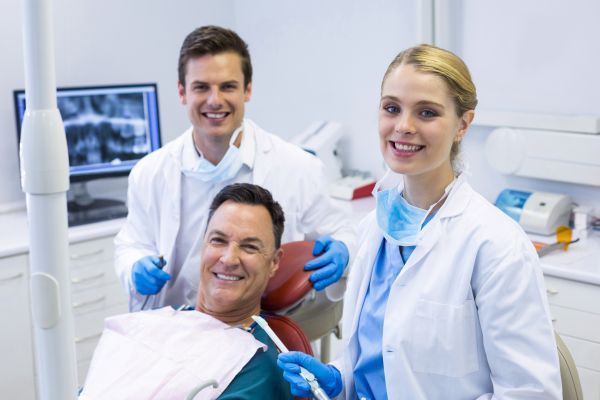
What is Oral Cancer?
Oral cancer, also referred to as mouth cancer, is a condition that develops in the oral cavity, which encompasses the lips, tongue, gums, and the inner lining of the mouth. It can also develop in the oropharynx, the middle part of the throat that includes the tonsils and the base of the tongue. Oral cancer is a serious health issue that requires early detection and prompt treatment to improve outcomes and survival rates.
What types of oral cavity cancer can be diagnosed in the dental chair?
Oral cancer is typically classified into two categories: cancers of the oral cavity and cancers of the oropharynx region. Cancers that attack the oral cavity can be located inside the cheeks or lips, around the teeth, along the gumline or on the roof or floor of the mouth. If affected, the front half of the tongue is also classified as an oral cavity cancer. In addition to oral cavity cancers, general dentists can also identify signs of throat cancers during routine exams.
On the other hand, oropharynx is the medical term that describes the mouth and throat region of the body. Cancers of this region affect the back portion of the tongue, the tonsils or adenoid glands and the back of the throat.
What are symptoms and risk factors of oral cancer?
Much like family practitioners, general dentists collect patient history with each visit to the clinic. This history includes any symptoms that concern a patient. Symptoms of oral cancer vary dependent upon the type of cancer and can sometimes be hard to distinguish from other common ailments. While common with conditions like strep throat, symptoms like irritation of the throat or soreness with swallowing can be a sign of underlining malignancy. Recognizing these symptoms early is crucial for an accurate oral cancer diagnosis and timely treatment. These are other symptoms that should be addressed with a dentist:
- Difficulty chewing or swallowing
- Changes in the way the teeth fit inside the mouth
- Pain or numbness of the soft tissue of the mouth
The Importance of Early Detection
Early detection of oral cancer is crucial for effective treatment and improved survival rates. According to the National Cancer Institute, the five-year survival rate for oral cancer is around 60%. However, if detected early, the survival rate can be as high as 90%. Regular oral cancer screenings can help identify abnormal cell changes in the mouth, allowing for treatment before they become cancerous.
How does the dentist perform oral cancer screening?
During patient visits, general dentists conduct oral exams, looking in all areas of the mouth for any abnormalities. The exam can also include checking the back of the throat or under the tongue for lesions. Along with inside the mouth, the dentist feels along the jawline for any unusual bumps to rule out cancers that affect the bones of the face. If the cancer has spread, the dentist may refer the patient to a specialist for further evaluation and treatment.
If any abnormalities are noted, the dentist may recommend monitoring and rechecking any lesions at a follow-up visit or may suggest taking a biopsy sample of the lesion. Diagnosis and treatment can vary based on dentist comfort, patient expectations, and the type of cancer diagnosed.
Oral Cancers: A Growing Concern
Oral cancers are a growing concern, with over 54,000 new cases diagnosed each year in the United States. The incidence of oral cancer is increasing, particularly among young adults and those infected with the human papillomavirus (HPV). Oral cancers can be caused by a combination of genetic and environmental factors, including tobacco use, heavy alcohol consumption, and exposure to HPV.
Preparing for an Oral Cancer Screening
Preparing for an oral cancer screening is essential to ensure accurate results. Before the screening, patients should:
- Avoid eating or drinking for at least 30 minutes
- Remove any dentures or oral appliances
- Inform the dentist of any medications or health conditions
- Ask questions and express any concerns
During the screening, the dentist will perform a visual and physical examination of the mouth, neck, and face to check for any abnormalities.
Cancer Treatment Options
Cancer treatment options for oral cancer depend on the location, stage, and type of cancer. Treatment options may include:
- Surgery: to remove the tumor and affected tissue
- Radiation therapy: to kill cancer cells using high-energy beams
- Chemotherapy: to kill cancer cells using medication
- Targeted therapy: to attack cancer cells using specific medications
- Immunotherapy: to stimulate the immune system to fight cancer
In some cases, a combination of these treatments may be used. The dentist will work with an oncologist and an oral surgeon to coordinate treatment and ensure the best possible outcome.
Conclusion
Oral cancers can be detected early during a routine dental exam. Patients should discuss with the dentist any new concerns they have, even if these concerns do not specifically deal with teeth. By addressing risk factors and conducting regular screenings, general dentists play a crucial role in preventing and detecting developing oral cancer and developing oral cancers. Using history provided by the patient and the oral examination, general dentists can be at the forefront of prevention, diagnosis and treatment of common oral cancers.
Request an appointment here: https://www.casasadobesdentistry.com or call Casas Adobes Dentistry at (520) 376-2412 for an appointment in our Tucson office.
